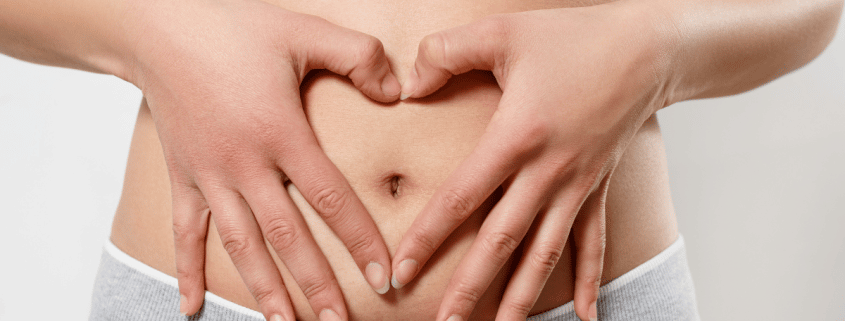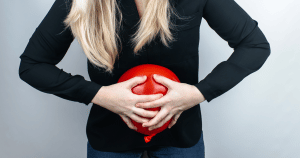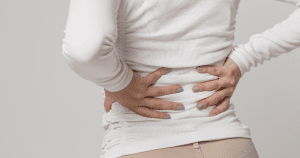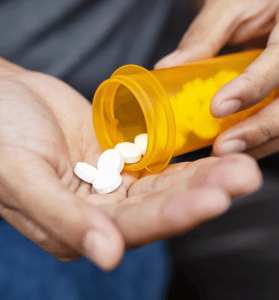Early Signs of Pregnancy – Am I Pregnant?
If you are trying to conceive, you will know how difficult it can be to get through the two-week wait (TTW) before you can take a pregnancy test.
Since you are here reading this article, you are likely looking for a sign (or signs!) that you are pregnant.
If that is the case, then you have come to the right place, as in this article we will be discussing all of the potential early pregnancy symptoms and more!
In this article:
- Early Signs of Pregnancy (Before Your Missed Period!)
- Can I Have Pregnancy Symptoms Without Being Pregnant?
- When Will My Pregnancy Symptoms Start to Show?
- When Can I Take A Home Pregnancy Test?
- When Can I Take A Blood Pregnancy Test?
- When Should You Contact Your Doctor About Your Early Pregnancy Symptoms?
- When Should You Contact Your Doctor About A New Pregnancy?
Let’s get right into the early signs of pregnancy which you may experience before your missed period.
Early Signs of Pregnancy (Before Your Missed Period!)
Below are the early symptoms of pregnancy which you may experience before your missed period..
Breast Changes

During pregnancy, your hormone levels change, a lot.
The two main hormones that increase during early pregnancy are estrogen and progesterone.
The changes in the levels of these two pregnancy hormones are responsible for most of the pregnancy symptoms you experience, such as breast changes (which can include swelling, feeling of fullness and darkening of the nipple) and breast tenderness or pain.
Breast tenderness is usually at its worst during the first trimester and women often experience decreased breast tenderness in the second trimester.
Fatigue
From time-to-time, we all feel exhausted, and that’s completely natural.
However, if you find that you have been feeling very exhausted recently, then pregnancy may be to blame.
This is because your body is producing a lot more blood to support the growing baby, which can increase your fatigue levels, and need for sleep and nutrients.
After the first trimester, you usually begin to see some improvement in this symptom!
Morning Sickness
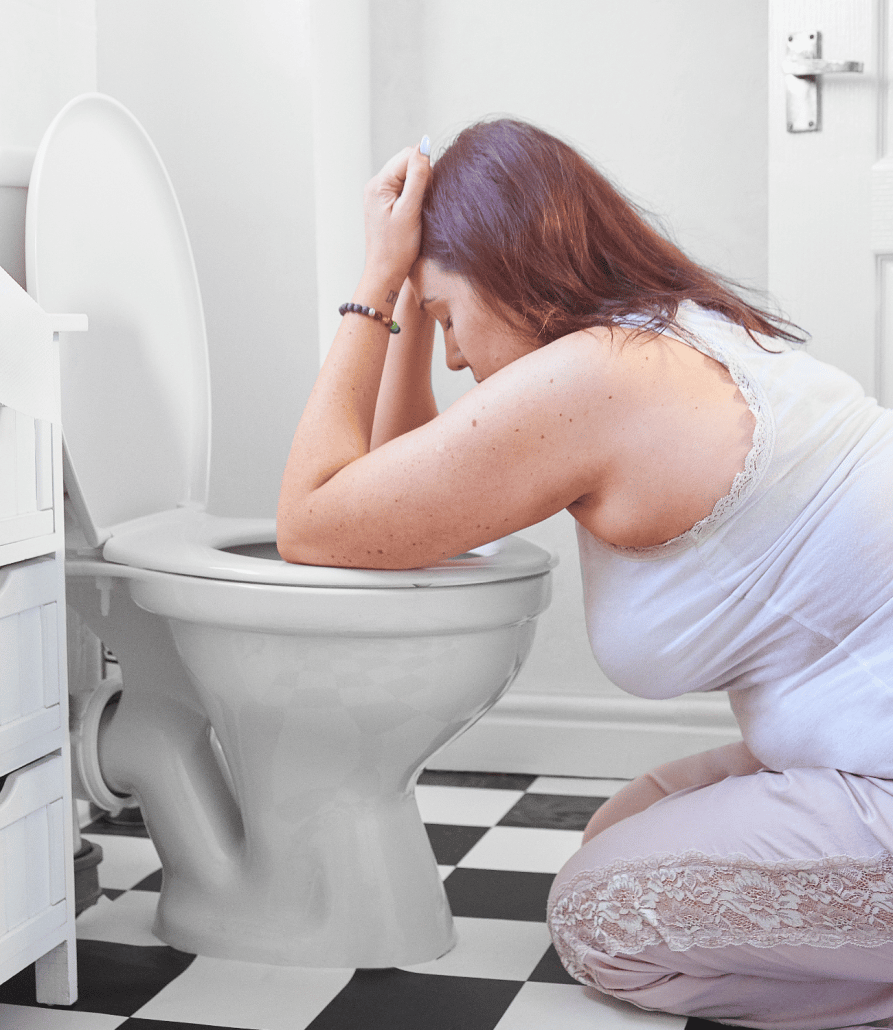
Morning sickness: I think everyone knows about this particular symptom!
It is the symptom we see in all the movies.. a woman becomes pregnant, runs to the bathroom upon waking and violently throws up into the toilet.
However, unlike the name (and the movies!) morning sickness does not only happen in the morning. It can happen at any time of day.
Morning sickness is a common pregnancy sign before you miss your first period.
This is due to the increase in estrogen and progesterone that comes with pregnancy.
As your pregnancy progresses (usually during the second trimester) the morning sickness should subside (phew!).
Heightened Sense of Smell
Heightened sense of smell almost sounds like a superpower, however, when you are pregnant, it feels far from it!
A heightened sense of smell during pregnancy can mean that you are gagging at smells that you once found pleasant, such as your favourite perfume or coffee.
Coupled with nausea, a heightened sense of smell can wreak havoc and interfere with your usual daily activities.
Changes in Food Preference
Pickles and peanut butter.. tuna and chocolate milk.. fish fingers and custard?
Craving wacky food combinations- or just certain foods you wouldn’t usually crave- can be a sign that you are pregnant.
Or, oppositely, you may find yourself avoiding the foods you usually love. This can also be a sign of pregnancy.
Spotting
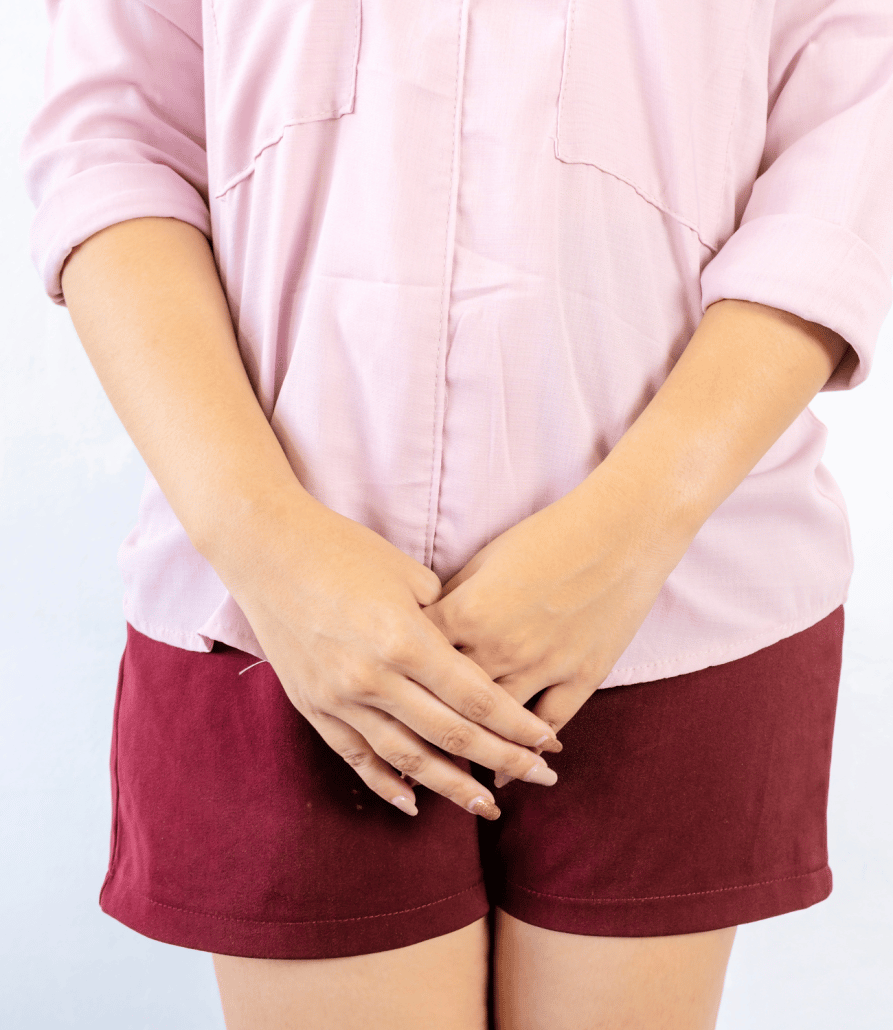
When we are trying to conceive and see blood (no matter the amount) it is often perceived as a negative sign.
However, a small amount of bleeding or pinkish-brown discharge can actually be a positive sign of pregnancy!
Implantation is the process which essentially “kick-starts” your pregnancy. In the process, the fertilized egg attaches to the uterine lining – where it will receive the blood supply and nutrients it needs to develop. It most commonly happens at 8 DPO, 9 DPO or 10 DPO.
This can sometimes cause a small amount of irritation which leads to bleeding or pinkish-brown discharge, called implantation bleeding.
Not everyone experiences implantation bleeding. In fact, many women experience leukorrhea or clear jelly-like discharge instead.
For more information about your vaginal discharge as a sign of pregnancy, and how you can tell the difference between discharge before your period and due to early pregnancy, you can read our article: Discharge Before Period VS Early Pregnancy.
Cramping
Like spotting, cramping when you are trying to conceive can be perceived as a negative sign, however, it can be an early sign of pregnancy.
Alongside the implantation bleeding discussed above, you may also experience implantation cramping– caused by the sudden increase in hormones that come with implantation.
Cramping or pain in early pregnancy may also be caused by the sudden increase in progesterone which causes your digestive system to slow down.
This slowing of the digestive system can cause a build-up of gas, which can result in cramping.
Frequent Urination
If you find yourself needing to go to the bathroom more often than usual- around the time that your period is usually due- then you might be pregnant!
When you are pregnant, the amount of blood in your body increases. This creates more fluids for your kidneys to filter and more water waste (or urine) to get rid of.
This pregnancy symptom often begins early in pregnancy and lasts throughout the entire duration of your pregnancy.
Of course, there are a couple of additional factors that can affect the number of bathroom visits you take, including how much you drink and whether or not you have a UTI too.
Light Headedness
During the first few weeks of your pregnancy, you may feel dizzy or lightheaded.
This early pregnancy symptom is due to your blood vessels dilating to prepare for the increased blood flow that comes from pregnancy.
This dilation of the blood vessels lowers your blood pressure (think of the blood vessels like a pipe. Wider pipe = less pressure) which can make you feel very lightheaded.
Constipation
When you become pregnant, your progesterone levels suddenly increase.
This causes your digestive system to slow down.
This slowing of the digestive system can cause a build-up of gas, bloating and constipation.
Mood Swings

Happy one minute and teary-eyed the next? It may be a sign of pregnancy.
In early pregnancy, with your hormones running haywire, it is natural to have mood swings.
The inability to control your feelings can certainly be difficult to handle but do not worry, it will pass!
During the second trimester, your body adapts to the higher levels of pregnancy hormones and you will find that you are more in control of your emotions.
Increase in Basal Body Temperature
If you have been tracking your basal body temperature, then you will likely know how it works.
For those who do not know, basal body temperature tracking is a method which involves charting your resting body temperature at the same time every day (usually in the morning, before leaving your bed) to determine when your fertile window and ovulation are, and whether you might be pregnant.
Following after ovulation, a rise in basal body temperature that lasts for 18 days or more might be an indicator of early pregnancy.
When Will My Pregnancy Symptoms Start to Show?
It is not possible to give an exact time frame for when your pregnancy symptoms will begin, as every person is different.
As a general rule, some pregnancy symptoms, such as a heightened sense of smell and breast tenderness, may appear just a few days after conception, whilst others may appear around a week after fertilisation takes place.
Can I Have Pregnancy Symptoms Without Being Pregnant?
It is completely possible to be having some of the symptoms mentioned above, without actually being pregnant!
The biggest downfall of symptom-spotting to determine pregnancy is that many pregnancy symptoms are actually the same as your PMS symptoms, such as breast tenderness, bloating, food aversions and so forth.
So if you are having the pregnancy symptoms mentioned above, it may actually just be PMS symptoms.
The only sure way to accurately determine pregnancy is to take a pregnancy test!
When Can I Take A Home Pregnancy Test?
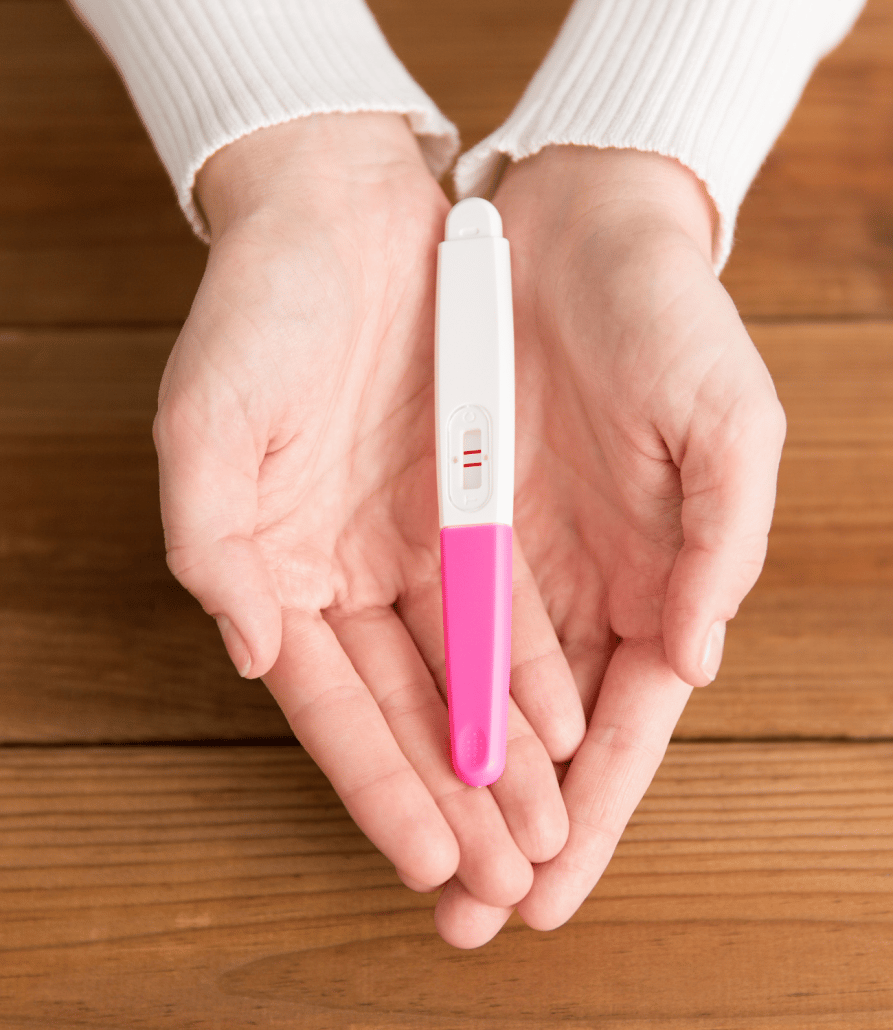
You can accurately take the majority of home pregnancy tests on the first day of your missed period.
If you are unsure when your period is due, you should wait at least 21 days after having unprotected sex to take the test.
Some very sensitive pregnancy tests, such as Clear Blue Ultra Early pregnancy take can detect pregnancy as early as 6 days before your missed period.
So, overall, it depends on the sensitivity of the test, and whether you know when your period is due to begin!
When Can I Take A Blood Pregnancy Test
Blood tests can accurately detect pregnancy earlier than urine pregnancy tests.
This is because the HCG levels in your blood are more concentrated.
You are able to receive accurate blood pregnancy test results as early as 6 to 8 DPO (days past ovulation).
Unfortunately, most doctors do not perform blood tests until after the date of the first day of your missed period has passed, and it also takes longer to receive the results from a blood test than a urine test.
When Should You Contact Your Doctor About Your Early Pregnancy Symptoms?
If you are concerned about any of your symptoms, or are finding it hard to perform daily activities due to any of the symptoms (such as extreme fatigue and morning sickness) then you should consult your midwife.
Additionally, if you experience any unusual vaginal bleeding or severe pain, you should contact your doctor to rule out any complications.
When Should You Contact Your Doctor About A New Pregnancy?

If you have taken an early pregnancy test and determined that you are pregnant, then congratulations!!
It is advisable to contact your midwife or GP as soon as you find out you are pregnant, so they can book the appropriate antenatal care to ensure you receive all of the support and guidance you need t have a healthy pregnancy.
Your first appointment with your midwife should happen before you are 10 weeks pregnant.
My name is Louise and I am the Digital Marketing and Administrative Assistant at MyBump2Baby. I have been writing in the parenting niche for over 2 years specialising in fertility, pregnancy, baby and baby name support articles.



